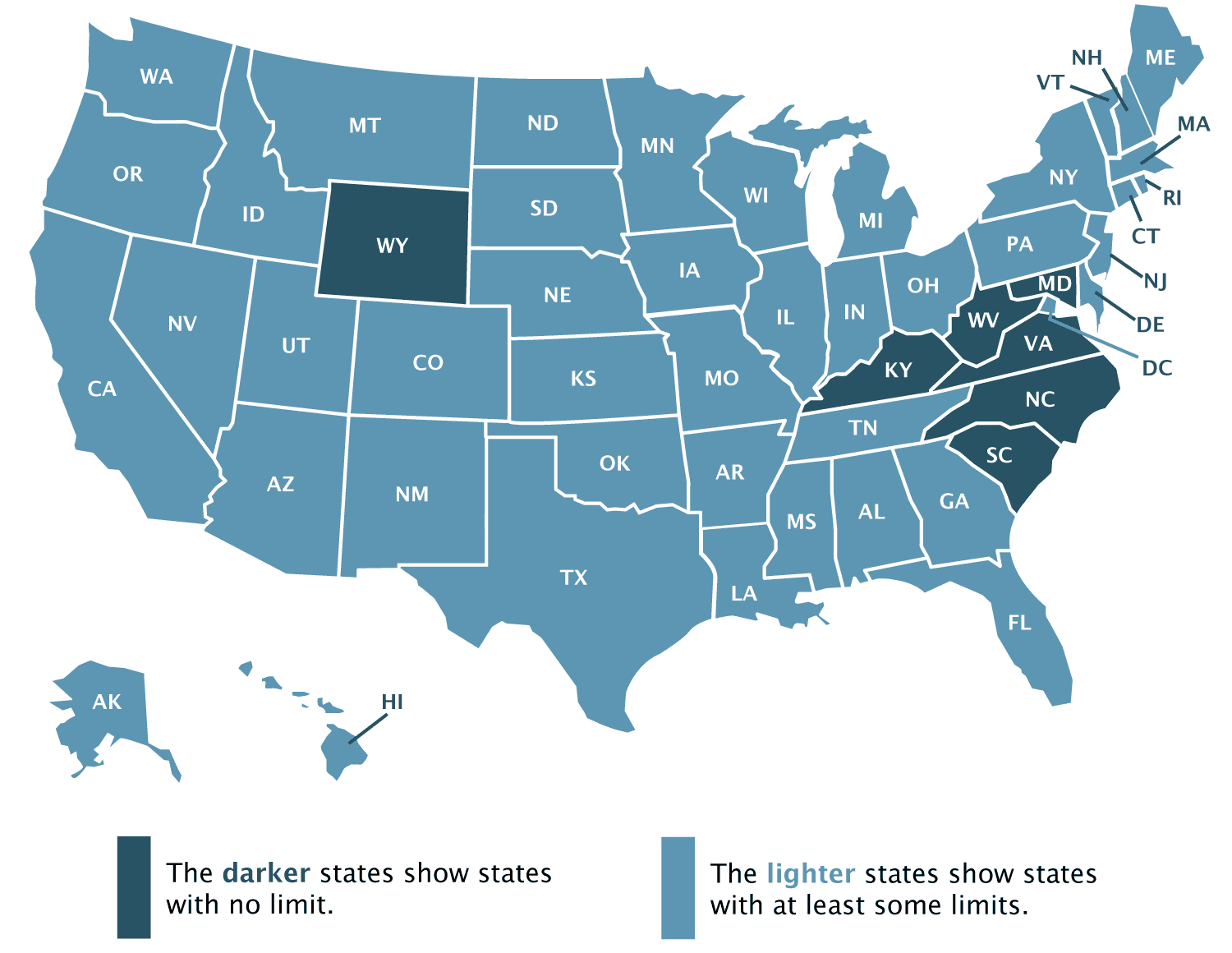4th Degree Assault First Offense - Sexual harassment is a widespread epidemic that affects people of all ages, genders and sexual orientations. While most people have a general understanding of what constitutes sexual harassment, the California Legal Team wants to raise awareness of the different degrees of sexual harassment and the different factors involved in prosecuting each. .
First-degree sexual harassment, also known as aggravated sexual harassment, is the most punishable form of criminal sexual conduct. While a judge determines how much time an offender spends in prison, it is possible for a person charged with sexual harassment to spend the rest of their life in prison. The requirements for a first degree sexual harassment conviction include:
4th Degree Assault First Offense

Second degree sexual harassment does not usually carry a life sentence. However, a second-degree sexual harassment charge could be punishable by up to 15 years in prison. Although second-degree sexual harassment does not involve penetration, it is considered as harmful as first-degree harassment because of the violent nature of the crime or the victim's inability to consent. To be considered second degree sexual harassment, the following requirements must be met:
Five Things You Need To Know About First Degree Assault (class 1)
Third-degree sexual harassment is often treated the same as second-degree sexual harassment, in that offenders can face up to 15 years in prison after being charged. The requirements for a third-degree sexual harassment charge include:
Some fourth-degree harassment charges are considered sexual harassment rather than sexual harassment. The requirements for fourth-degree sexual harassment include:
While the aforementioned degrees of sexual harassment fit neat definitions, it's important to remember that harassment is never really clean and tidy. Every sexual harassment case is different, so it is important that you seek the assistance of a highly qualified California legal team to help you fight any type of sexual harassment. Assault is defined as intentionally or recklessly causing harm to a person and is charged as common assault, ABH or GBH, depending on the severity. This will depend on a number of specific factors, such as precipitating factors and the degree of injury – common assault usually causes minor injury or temporary discomfort, while GBH is seriously damaging to long-term health. The maximum sentence for ABH is three years in prison, while the maximum sentence for GBH can be life imprisonment.
Torts is a complex area of law. Nick Titchener, solicitor at Lawtons, outlines the categories under which the offense may fall. Every assault case is different and the outcome depends on several factors, including:
Aggravated Domestic Assault Nj
It is up to a team of police and prosecutors to interpret the details and initially assess the seriousness of the case and the type of attack. The level of injury is the most important distinction in determining the level at which a crime can be prosecuted.
The general definition of assault in the UK is to intentionally or recklessly harm another person. Assaults are generally referred to as crimes against the person. Harm includes both physical and psychological harm, including making someone fear for their safety.
Different types of assault - such as GBH, ABH, common assault or battery - each relate to a different severity, with different degrees of injury inflicted.

Causing serious physical harm to another person is the most serious form of assault. The offense of GBH can be committed in two ways:
Theft Offenses In New Jersey
GBH, whether in breach of s.18 or s.20 OAPA, is the most serious because in most cases the victim of GBH suffers serious injuries, which can sometimes be life-changing. They can also be left with long-term scars or scars.
If the violence is carried out with a weapon or an equivalent weapon, the act is likely to be classified as causing grievous bodily harm with intent (section 18).
Weapon equivalents are objects, objects or body parts that are not weapons themselves, but can be weapons when used intentionally, such as:
It is possible to inflict GBH with a single blow, but the longer, more severe or longer the event, the more likely it is that the consequences will be assumed to be intended.
Stalking And Harassment Charges In New York: What's The Difference?
Using a gun can also change the dynamics of a case. For example, if a suspect punches a victim once in the face, causing a broken eye socket, it may be considered that the serious injury was unintentional. On the other hand, if a knuckle duster was used, breaking the eye socket would be more likely to be considered intentional.
Generally, the penalties for GBH are the harshest of all assault charges. As the most serious form of abuse, its consequences reflect this. Depending on the factors of the case and the extent of the harm caused, starting points for sentencing can range from 3 years to 16 years in prison.
Whether the GBH offense was committed recklessly or intentionally is the most important factor in determining the appropriate sentence in court.

Combined with other factors such as the level of injury, the court will consider a number of options and determine whether a restorative, non-custodial alternative to an immediate custodial sentence is appropriate.
The 4 Degrees Of Sexual Assault
If the facts of the case indicate a lower level of criminality, such as the use of a single strike, the result may be as little as community service.
When an assault causes injuries but does not cause grievous bodily harm, it may be an offense of assault occasioning actual bodily harm (ABH). Determining whether or not an injury should be considered serious is often a matter of subjective judgment. This is usually the decision of the prosecutor or police officer, although legal guidelines and tests provide the basis for this assessment.
Injuries which interfere with the complainant's health or personal comfort may constitute 'actual' harm by assault. Actual harm refers to the substantial consequences caused by the attack, which means physical and psychological injuries need only be minimally harmful to health, but must be proven.
An example of such a case in which significant harm was caused was in a case where the defendant allegedly cut the complainant's hair, which particularly adversely affected personal comfort and confidence.
Penalties For Assault Charges In Washington
If a suspect pleads guilty or is found guilty at trial, prosecutors can impose multiple sentences.
ABH cases can be heard as offenses in either direction, in magistrates' courts or crown courts. Where a case is heard will depend on its severity and the resulting consequences can range from community service (if the person is determined to be low risk) to the Crown Court in the most serious circumstances. Imprisonment up to 3 years is possible.
Common assault or assault usually involves the unlawful touching of a person (to which they have not 'quietly' consented, i.e. inflicting trauma in concert) but does not require an injury. .

According to the letter of the law, common assault or injury is more than mere temporary or minor contact. It is not necessary for the police or the prosecution to prove injury. Generally, with few exceptions, the prosecution will choose not to pursue the case in court if there is no injury, as it would not be in the interest of justice.
Aggravated Assault And Potential Defenses
Generally, most minor assaults that cause minor injury or temporary discomfort or pain will be prosecuted as common assault.
Common assault is a "major" assault charge which is summary only, meaning it can only be heard in a magistrates' court, unlike ABH offenses which can be heard in a magistrates' court or crown court.
When ABH is dealt with by a magistrates' court, it will often be judged as ordinary assault, with the main point of assessment being the circumstances as well as aggravating and mitigating factors. The maximum penalty for common assault is six months imprisonment, the minimum penalty is a nominal fine. This is usually around 50% of the individual's weekly income.
If you have been arrested by the police for assault, your first step should be to seek professional legal help, as the police will start building a case against you from the moment you are arrested. The Lawtons team is available 24 hours a day to represent the accused to help you protect your rights and achieve a positive outcome. We have a team of specialist defense lawyers based in London, Hertfordshire, Bedfordshire and Essex.
Assault Vs Battery (what's The Difference?)
Note: This guide is intended to provide general information only and is not intended to be relied upon as a basis for advice, nor should it be relied upon to provide advice specific to any particular case or person.
Lawtons accepts no responsibility for anyone using this guide. If you require specific advice relating to a particular matter or situation, please contact us so that we can provide it to you.
4th degree domestic assault, assault 4th degree wa, what is 4th degree assault, first offense assault charge, third degree theft first offense, 4th degree assault washington state, is 4th degree assault a felony, assault first degree maryland, 4th degree assault washington, 4th degree assault definition, first degree assault, first offense assault
0 Comments